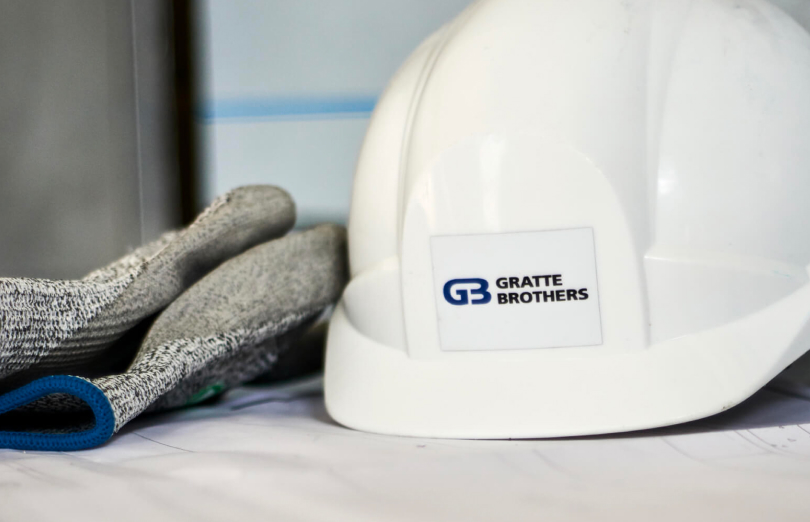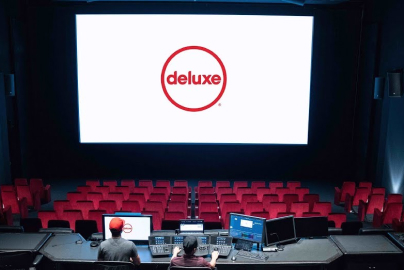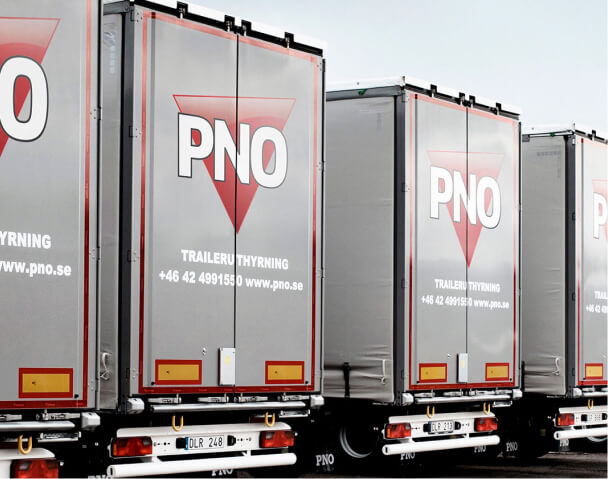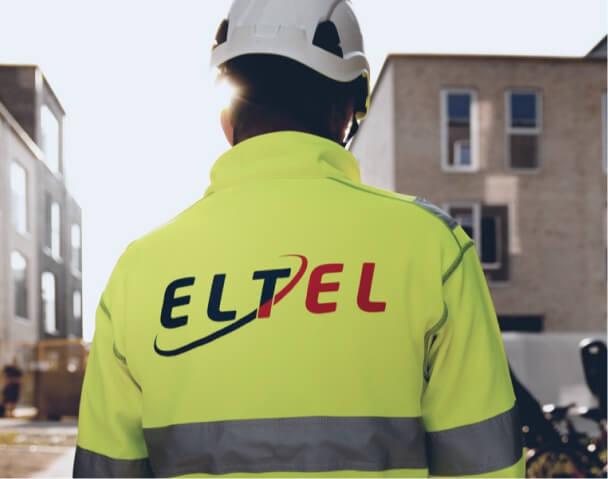– Recieve the latest sustainability market trends, our customers & their incredible work, and news at Normative.
Manufacturing
Norican Group uses Normative to meet customer sustainability demands
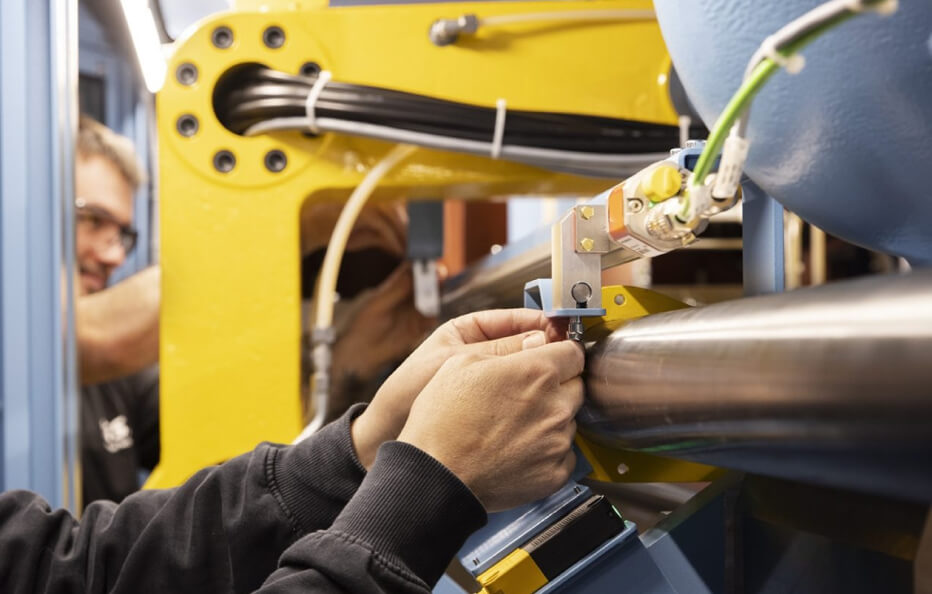
How a global leader in industrial manufacturing uses carbon accounting to meet customer & investor expectations.
Norican Group is a manufacturer of industrial equipment, parts, and technology.
Headquartered in Denmark, Norican has 2,000 employees at more than 20 locations across China, India, the Americas, and the EU. These facilities include three foundries for producing steel, six manufacturing facilities, and several sales offices.
With an international presence and a global value chain, Norican faces significant carbon management challenges. Here’s how the manufacturer uses automated carbon accounting to increase its attractiveness to customers, work towards science-based climate targets, and overcome data collection barriers.
Executive summary
- Norican Group is a manufacturer of industrial machinery.
- The business was motivated to calculate its carbon emissions to lead the sustainable transformation in its industry and exceed investor and customer expectations.
- For Norican, the biggest challenge to calculating emissions was collecting data throughout its large and complex organization.
- With support from Normative’s team of climate strategists, Norican used Normative’s carbon accounting engine to calculate its full greenhouse gas emissions.
- Norican uses its carbon calculations as part of its commitment to science-based climate targets, to meet investor expectations, and to provide potential customers with sustainability data – a vital step to winning contracts.
The process
Motivation from multiple sources
In 2021, Norican had not yet calculated its full emissions, like many other businesses in the manufacturing industry.
However, this didn’t stop Norican from beginning its carbon management journey with an ambitious goal: to set emissions reduction targets that would earn approval from the Science-Based Target Initiative (SBTi).
Internally, Norican’s leadership team recognized that the Group could lead by example, as it facilitated the sustainable transformation of its industries.
There were external motivators, as well. One of Norican’s investors, Altor Equity Partners, had begun encouraging its portfolio companies to decarbonize.
Additionally, Norican commercial teams noticed that potential customers were asking questions about the manufacturer’s carbon emissions. For the automotive industry in particular, climate impact was becoming an important part of the supplier selection process.
For Norican, this meant that demonstrating proof of their climate work in general – and displaying SBTi-approved targets in particular – would lead to acquiring more customers.
“By 2025, if you can’t quantify your carbon emissions and discuss them in detail, I don’t think you will even be invited to tender.”
Shaun Lindfield, Commercial Director of MAT Foundry Group, an automotive supplier and a Norican Group customer.
The challenges
The manufacturing and production sector accounts for one-fifth of global carbon emissions and 54% of the world’s energy usage. Reducing emissions from this sector is essential to the global effort to combat climate change – though it’s no simple task.
Manufacturers often have complex and international value chains. Their suppliers are dispersed across the globe, and the emissions data from these suppliers may be low-quality – if they track any data at all. This can make it difficult for manufacturers to collect the data needed to calculate their value chain emissions.
The consequences of poor emissions calculations are far-reaching. When manufacturers work from incomplete calculations, their carbon reporting and reduction initiatives will also be incomplete. This wastes valuable time and resources that could have been more impactfully invested. Additionally, manufacturers with incomplete emissions data will not be able to provide the high-quality climate impact reports required to win contracts with potential customers.
Norican faced challenges collecting data
Norican experienced data challenges from the outset. The company began by collecting information on energy usage. As a global company with locations in China, India, the Americas, and the EU, it was tricky to identify who had access to the needed data. It was also difficult to parse different units of measurement: for example, some locations used gigajoules and others used kilowatt hours.
Similar data collection challenges presented themselves in scope 3. Norican quickly realized that the use of sold products (scope 3.11) would be a large hurdle to overcome. There was also uncertainty about what to include in the calculations, and how to categorize it.
How manufacturers can reduce carbon emissions
Learn more about the common challenges, effective solutions, and useful tools involved in reducing manufacturer emissions.
Go to the article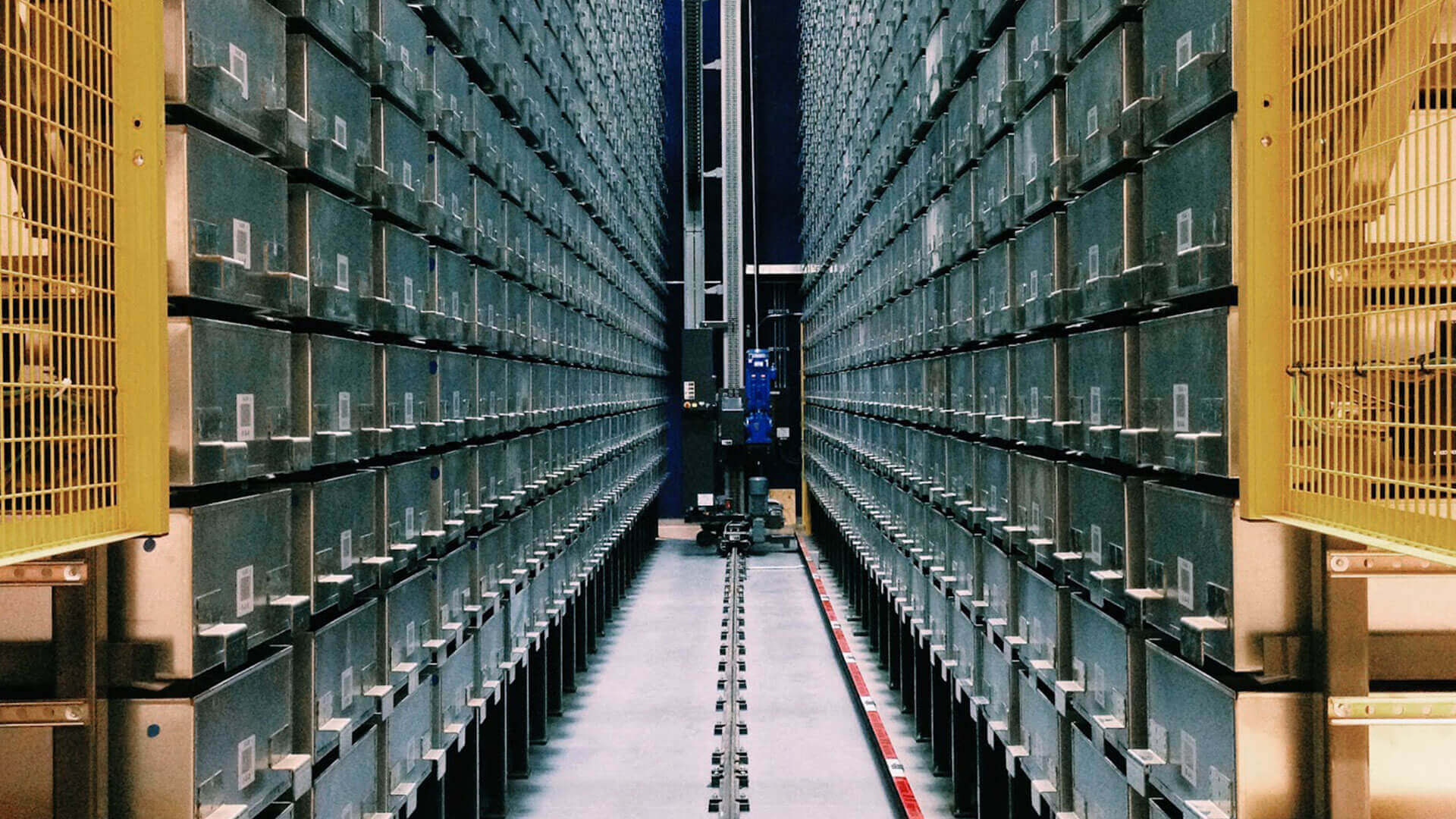
Norican’s carbon calculations
At the beginning of the calculation process, Normative’s climate strategists guided Norican in its data collection efforts, helping to clarify data requirements and categorizations.
“There was a constant dialogue: ‘How do we include this?’ The expertise of Normative’s climate strategists was very helpful, right from the start.”
Grzegorz Kalin-Czerski, VP Global Lean Champion at Norican, who led Norican’s carbon calculation effort.
To meet the challenges of calculating emissions for a large and global business, the business appointed internal stakeholders to collect data from all entities across the Norican Group. Normative’s climate strategy team provided guidance and materials to support these efforts.
A whole-company effort
“Norican is a great example of what happens when you make climate action a whole-company effort. Their team was quickly able to collect the data needed to prepare their emissions inventory, and they have integrated carbon transparency measures to ensure the whole organization internalizes and acts on their carbon impact.”
Tristan McCarthy, who supported Norican as a Climate Strategy Advisor at Normative.

Once the required data was in place, Norican fed it into Normative’s carbon accounting engine.
The automated engine generated emission calculations drawing from millions of data points – including 10 million supplier profiles and 27,000 scientifically-sourced emissions factors.
The results
After calculating its full emissions with Normative, Norican unlocked a variety of business and sustainability benefits.
The business used its emissions data as the foundation for its climate targets, which it then submitted to the Science-Based Targets initiative (SBTi) with support from Normative. In August 2023, Norican became the first business in its industry to earn approval on its climate targets from SBTi.
The validation of Norican’s science-based targets adds credibility and accountability to its sustainability efforts and demonstrates to potential customers, employees, and investors that Norican is taking its climate responsibilities seriously.
Emissions data has also proven valuable in winning contracts. Customers were increasingly asking for Norican’s emissions, for use in sustainability reports or procurement requirements. Norican can now meet these requests with the comprehensive, accurate emissions inventory it generated using Normative.
“We have experienced positive feedback from customers after setting our science-based targets. It is becoming more important to our customers that their suppliers account for their emissions and provide specific emissions data, like we can now do at Norican.”
Robert Li, Norican Group VP Strategic Development & HR from Asia Pacific

Norican’s results in brief
- Set science-based climate targets.
- Met investor expectations for comprehensive, accurate carbon reporting.
- Won more contracts by providing climate data to potential customers.
Calculate your full emissions
Use Normative’s carbon accounting engine to calculate your full carbon footprint – jumpstarting emissions reduction work and securing competitive advantages for your business.

